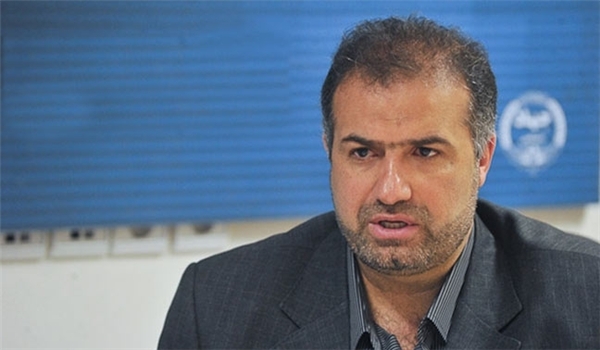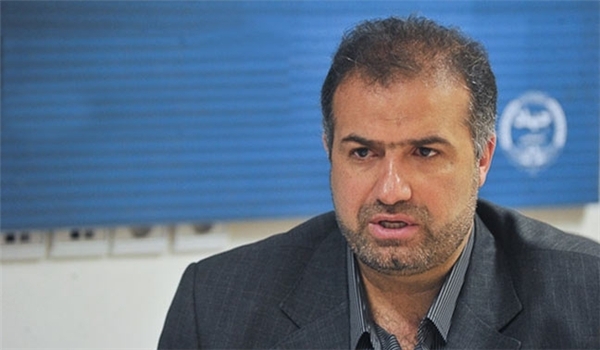 TEHRAN (FNA)- A senior Iranian legislator said a final nuclear deal with the world powers may need the approval of the parliament before it could be endorsed and implemented by the government.
TEHRAN (FNA)- A senior Iranian legislator said a final nuclear deal with the world powers may need the approval of the parliament before it could be endorsed and implemented by the government."Based on the studies conducted by the (Parliament's) Research Center, the Geneva agreement (inked by Iran and the five permanent UN Security Council members plus Germany in November) didn�t need the parliament's approval legally but it seems that the final agreement should first be endorsed by the parliament," member of the parliament's National Security and Foreign Policy Commission and Head of the parliament's Research Center Kazzem Jalali told FNA on Wednesday.
Iran and the G5+1 clinched a long-sought deal in the Swiss city of Geneva on November 24. The two sides have agreed to the stage-by-stage implementation of the interim agreement reciprocating one another since January 20.
The accord required the West to ease some of the existing sanctions in exchange for Tehran�s confidence-building measure not to develop the national nuclear program for a six-month period.
The frozen Iranian assets were released in eight states, as agreed, and Tehran diluted half of its 20% enriched uranium, while the remaining half is oxidized.
Tehran and the world powers are now in talks to compile a final comprehensive deal which has a deadline of July 20 and can be extended for another 6 months after coordination and talks between the two sides.
Representatives of Iran and the G5+1 wrapped up their fourth round of talks in Vienna on Friday. The seven nations have been discussing ways to iron out differences and start drafting a final deal that would end the West�s dispute with Iran over the country�s nuclear energy program.
Iran says there has been no tangible progress in writing the draft text of the agreement and it blamed the US for the failure, saying Washington has made excessive demands beyond the agreements made in the previous rounds of talks.
On Friday, an official close to the Iranian nuclear negotiating team criticized the West for pursuing unreasonable and �excessive demands� during the talks.
A few hours later and after three days of talks, Iran's deputy chief negotiator Seyed Abbas Araqchi said on Friday evening that the Vienna nuclear talks with the world powers would continue until achievement of results, but meantime reiterated that Iran would not accept a discussion of its defense program and will only agree to a deal which respects its rights.
Speaking to reporters after three days of intensive negotiations with the delegations of the six world powers in Vienna on Friday night, Araqchi, also a deputy foreign minister, said Iran will not retreat. "We stand firm on our rights. We will have 6 more months if we fail to work out a deal by July 20."
He said Iran will not allow a discussion of its missile or defense program in the nuclear talks. "Our defense equipment can no way go under discussion in the negotiations."
Araqchi stressed that Iran is not in a rush to push the talks into a final phase of concluding an agreement at any price. "There is no push to obtain an agreement by July 20 at any price."
"We (only) concede to an agreement which will be in line with our interests, meet our demands and establish the Iranian nation's rights," he continued.
"We hope that the talks continue in a logical, rational and realistic manner and yield result within the deadline," he said.
Two days after the end of the talks, Iranian Foreign Minister Mohammad Javad Zarif, who leads the country's team in the nuclear talks with the world powers, said in his twitter account that wrong illusions should be removed and the present opportunity shouldn't be lost as in 2005.
By Fars News Agency
The Iran Project is not responsible for the content of quoted articles.











